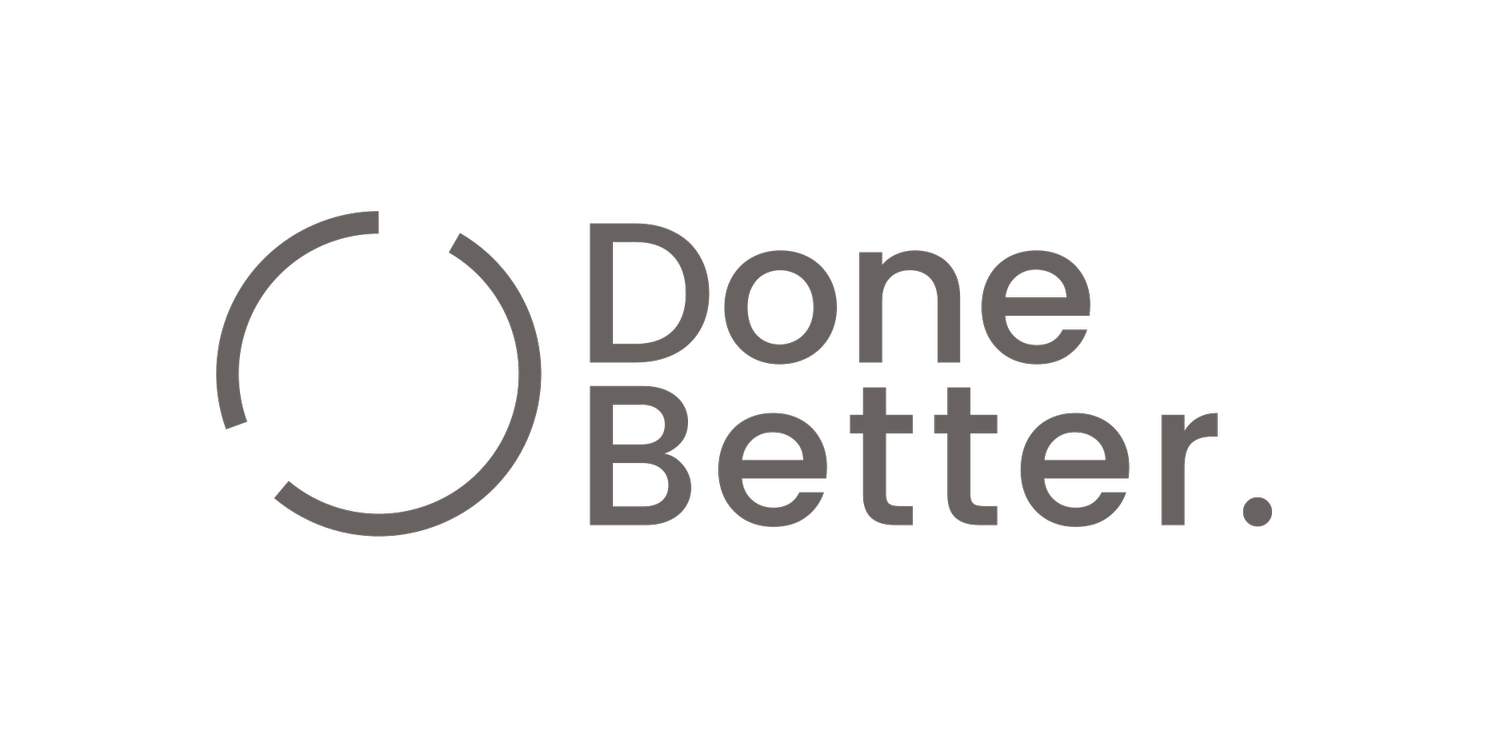Beyond Compliance: Making IT Governance Work for Purpose-Led Organisations
Governance doesn’t stir the soul — but it should
For many working in housing, charities, or purpose-led SMEs, “governance” conjures images of bureaucracy, blockers, and box-ticking.
Something done because we have to — not because it helps.
But if we care about delivering impact, supporting people, using money from customers wisely, good governance isn’t optional. It’s essential.
The challenge? It’s become detached from the realities of delivery — especially when it comes to digital.
Compliance ≠ Control
In many organisations, IT governance is still viewed narrowly through a compliance lens.
And while security, licensing, and regulatory obligations matter, they don’t guarantee:
Systems people can actually use
Change that sticks
Value for money
Trustworthy, joined-up data
Too often, IT decisions are made in silos, under pressure, or by accident. That’s not just inefficient — it creates risk.
Governance is a design discipline
In purpose-led organisations, governance should enable decisions — not delay them.
That means:
Clarity — Who decides what? Based on what principles?
Visibility — Is the right information available at the right time?
Consistency — Are we applying the same standards fairly?
Good governance helps people say yes safely — not default to no out of fear. It creates confidence, not control.
Just-enough governance
When budgets are tight and capacity is stretched, the answer isn’t more governance — it’s just enough.
At Done Better. we help organisations find that balance by asking:
What decisions keep causing confusion or delay?
What rules exist but are routinely bypassed or ignored?
Where is accountability missing — or over-engineered?
By mapping real-world risks and bottlenecks, we help build frameworks that support how people actually work — not how a policy document imagined they would.
Making it work in practice
Here’s what we’ve seen work across social housing, the charity sector, and digital change in small teams:
| Principle | What it looks like |
|---|---|
| Right-sized frameworks | One model that fits both small pilots and major procurements |
| Visible roles & routes | Clear diagrams showing who decides what, and how |
| Embedded change assurance | Lightweight gates for projects — without slowing things down |
| Human-centred controls | Risk-based security and data practices that support delivery |
Why It Matters
People enter purpose-led work to make a difference — not to spend their days untangling spreadsheets, writing complicated business justifications, chasing approvals, or firefighting system failures.
When governance works, it creates the conditions for impact:
Leaders make informed, aligned decisions
Teams feel safe to innovate and take ownership
Digital change is more likely to succeed
Everyone knows what good looks like
That’s not red tape. That’s good design.
